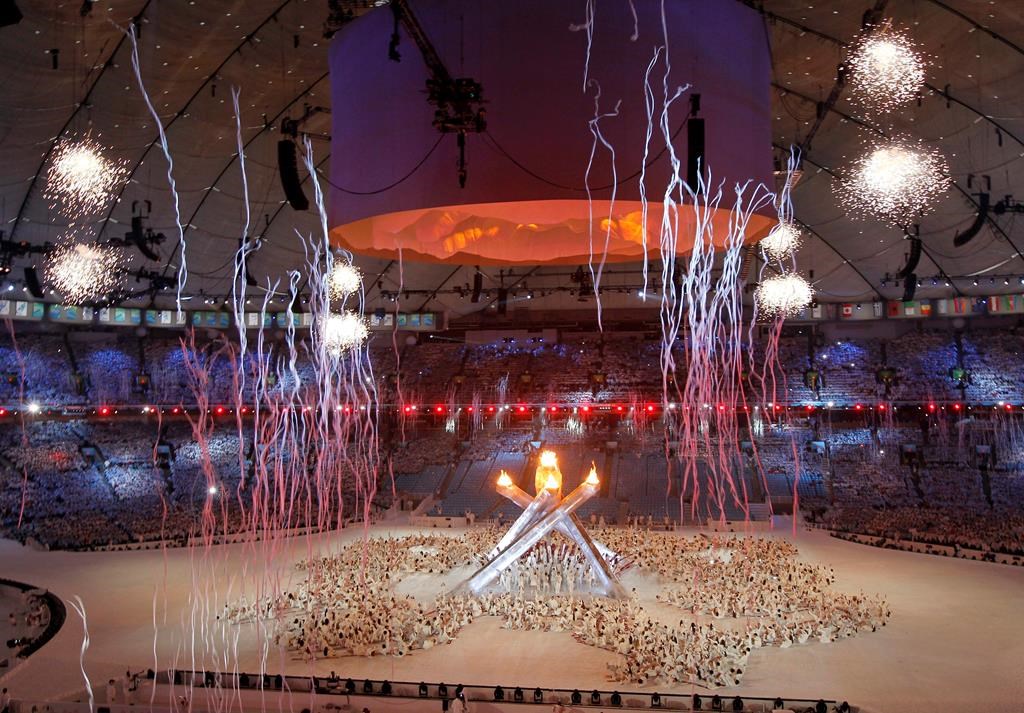Vancouver voters likely won’t be asked whether they support a 2030 Olympic bid when they go to the polls for the municipal election in October.

Vancouver Coun. Colleen Hardwick, who is also running for mayor in that election, was seeking to have a plebiscite on the proposed games bid held along with the municipal vote.
However, when Hardwick brought her motion to council Tuesday night, she was unable to have the proposal seconded by another councillor or the mayor.

“That meant it didn’t get to the floor, so all the speakers that had signed up were basically told they would not have an opportunity to speak,” Hardwick said.
“The early results of all the polling we’ve seen over the last couple of weeks since I pulled the motion at that time, which showed an 85 per cent rate in favour of having a vote, all of that was just shunted aside.”

Get daily National news
The 2030 proposal is being described as the world’s first Indigenous-led bid for an Olympic games.
In December, the City of Vancouver and the Resort Municipality of Whistler entered into a memorandum of understanding (MOU) with the Lilwat, Squamish, Musqueam and Tsleil-Waututh nations to conduct a feasibility study on the idea.
Last month, incumbent Mayor Kennedy Stewart took to Twitter to argue holding a vote on the games would “essentially tear up” the MOU and urged other councillors not to support it.
Hardwick said the MOU is clear that it is not legally binding on the parties, and that Vancouver’s city manager has confirmed the vote would not violate the agreement.
Tewanee Joseph, head of Indigenous inclusion and partnerships with the Canadian Olympic Committee, said the current work on a potential bid was still focused on fact finding.
“At this time, getting the right information to the parties and the partners in this project is very important, and I think that spirit of reconciliation and collaboration and cooperation is really the difference between 2010 and now,” he told Global News.

Joseph said the partnership was focused on looking at what is possible within existing venues and identifying key issues and challenges as it works on developing a concept for a potential 2030 games.
The group hopes to have a draft concept ready for the municipalities and First Nations by late spring or early summer.
“We wanted to make sure that members are informed, but also can provide input and feedback into what’s happening, and I think that’s important in this next phase as we move forward, is hearing from people,” he said.
“That’s really key because their teachings and where they come from and also their questions are really important when you develop a concept like this.”
The International Olympic Committee does not have a fixed date for when it will select the 2030 games host community, but could make the decision as early as next year.
- B.C. needs new mental health hospital, psychiatrist tells inquest into family’s death
- Nanaimo break-in suspect struggled with sobriety, says former employer
- Criticism over B.C. government’s handling of Texada grizzly bear shooting
- Full week-long closure of Pattullo Bridge and stal̕əw̓asəm Bridge starts Friday








Comments